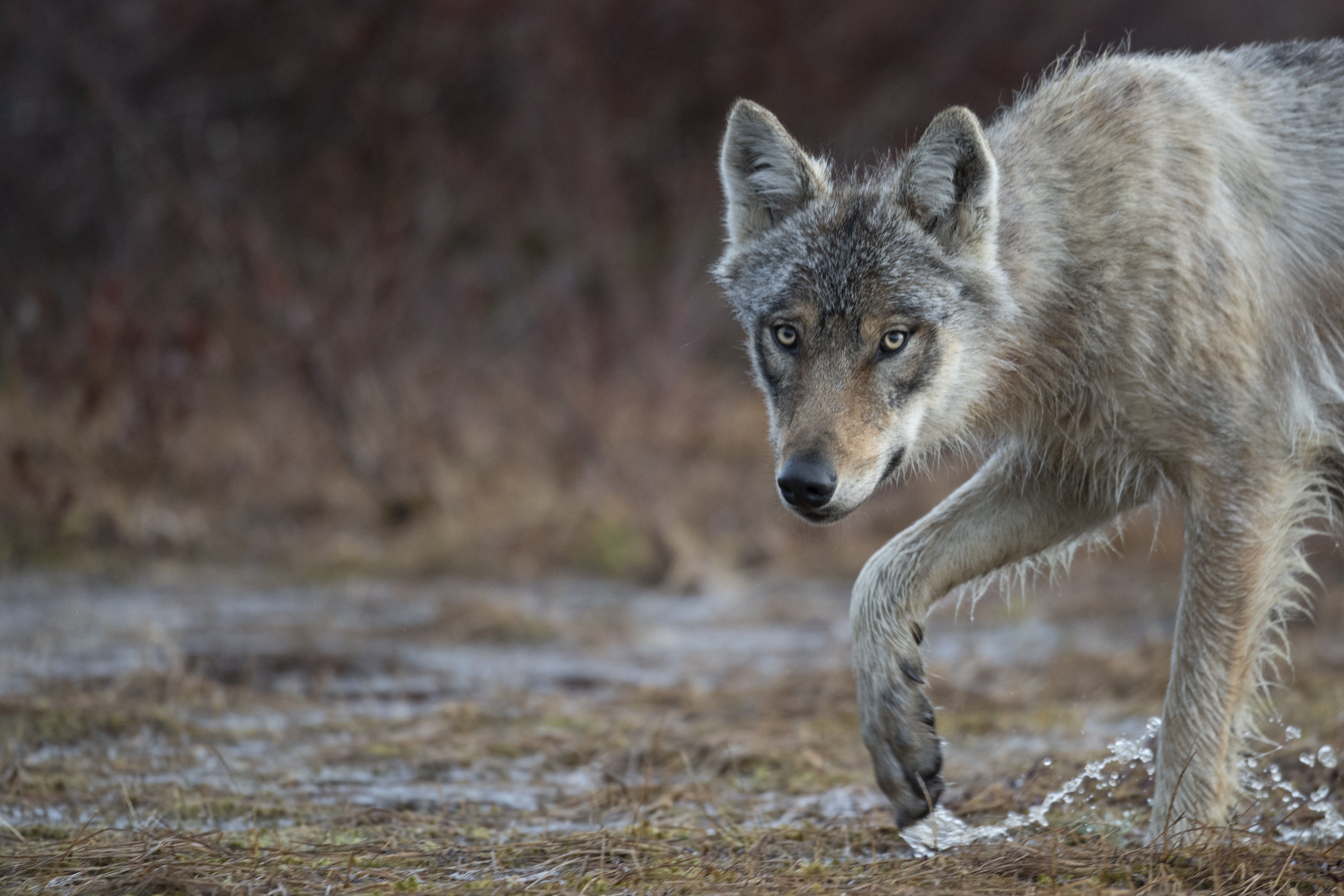Europe eases wolf hunting rules

The Bern Convention has approved a proposal to downgrade the protection status of wolves. The move, suggested by the European Commission, will allow broader hunting permissions across Europe.
The decision shifts wolves from “strictly protected” to “protected” under the Bern Convention, which governs the conservation of wildlife in Europe. The change aims to provide “more flexibility” for addressing wolf-related livestock losses.
Those numbers have risen alongside the near-doubling of Europe’s wolf population between 2012 and 2023. Last year, wolves killed 65,500 livestock animals across the continent. The revised protection status is expected to take effect in three months.
While wolf hunting is currently limited to specific problem cases, the new rules could allow countries to set quotas for wolf culls, even targeting healthy populations. Conservation groups, including WWF, have criticised the move as harmful to biodiversity and politically motivated.
The Bern Convention, under the Council of Europe, was adopted by more than 50 countries, with 34 of them supporting the EU’s request to downgrade the wolf’s protection status.
Despite the looser protections, individual member states can still impose stricter safeguards. In Belgium, with just 20 wolves across four packs, hunting is unlikely to increase. However, countries like France, which saw 12,000 livestock losses to wolves last year, may adopt more relaxed policies.
A wolf near the Russian border in eastern Finland © PHOTO OLIVIER MORIN / AFP
Related news
